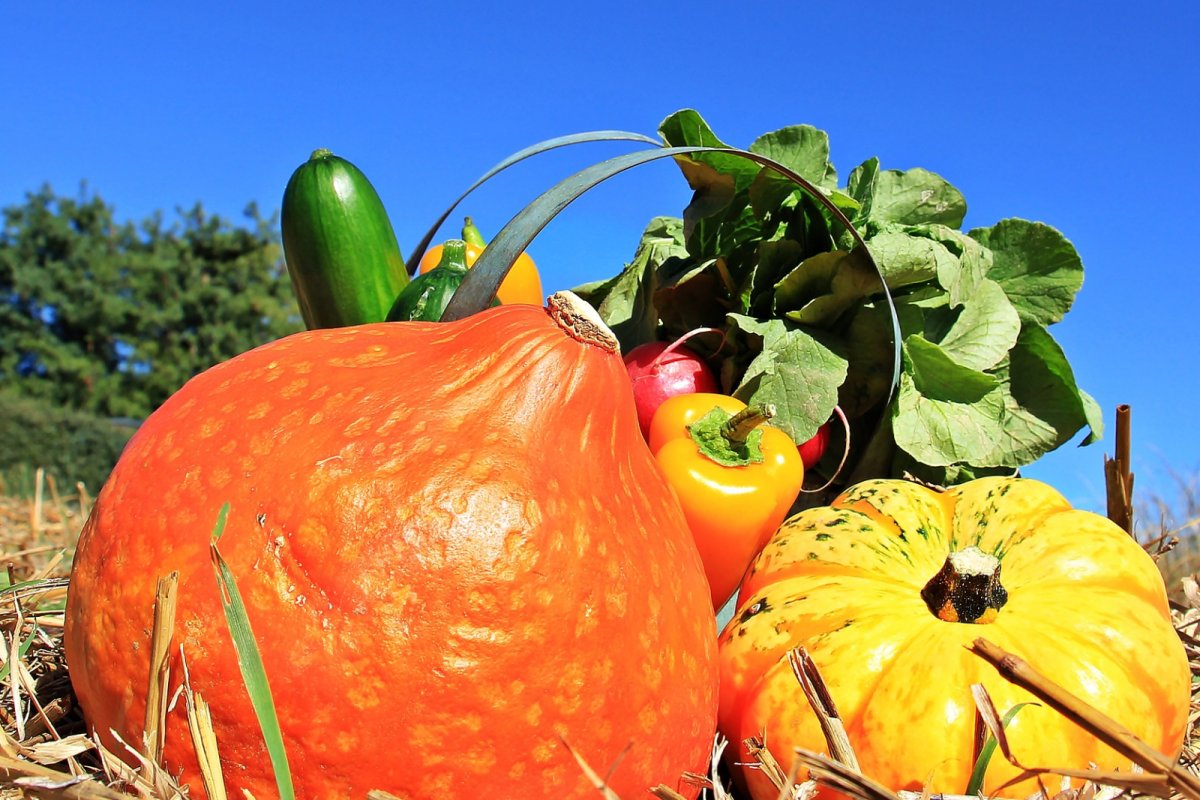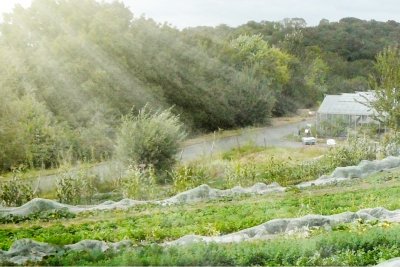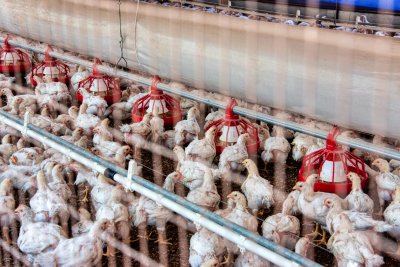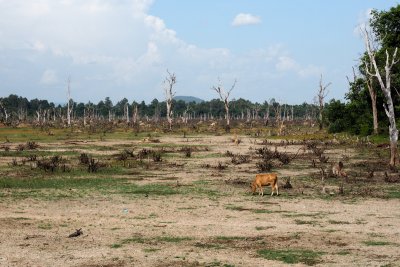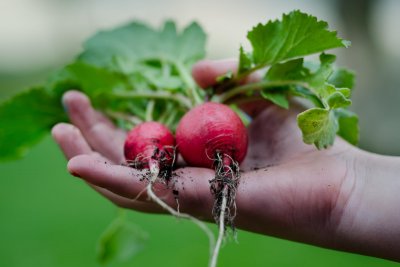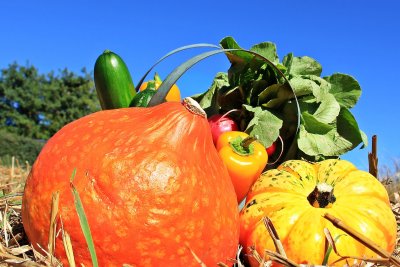 Pumpkin and veg havest. Credit: Pixabay
Pumpkin and veg havest. Credit: Pixabay
The motion was tabled and approved at a meeting on December 14th, and is set to go to Cabinet for the final decision this spring. The proposal was opposed by opposition councillors and some farmers have argued that serving meat-free meals at council events will not support the local farming community.
The public sector must do more to support farmers
Currently, the public sector is not a significant buyer and supporter of high-quality, sustainable and organic UK farmers. Buy-local and sustainability standards - that are supposed to be followed by central government, prisons and the NHS (and are recommended for schools) - have been found to be routinely ignored.
The Sustain-led Back British Farmers campaign is calling for standards across the board for sustainable and healthy public sector food to support our farmers better.
Improving school food and education
Oxfordshire’s motion centres around improving food in schools. Only 18% children receive the recommended five portions of fruit and vegetables per day. Many councils serve millions of school meals each year so switching to more climate-friendly options can make a significant impact on emissions, and when polled, young people say that the environment is a top priority. The Food for the Planet campaign co-run by Sustain and Sustainable Food Places, recommends a number of options for making school meals more sustainable:
- A less-and-better approach to meat, increasing the amount of vegetables and pulses in meat dishes and serving 'better' meat and dairy including free range eggs, organic milk and locally-sourced pasture fed meat
- Adopting a Dynamic Procurement approach, supporting and making contracts accessible to SMEs and local producers
- Stopping the use of air-freighted fruit and vegetables and using more local, seasonal choices instead
Improving event and meeting catering
Meetings and events are a notoriously big contributor to food waste, with up to a third of food found to be wasted in event, conference and banquet catering. Given the chronic challenge of food waste, event catering has been a particular focus of efforts to reduce the footprint of UK diets.
For a sustainable diet high in vegetables, fruit and grains, locally sourced, with small amounts of ‘better’ meat and dairy, it is common to opt for meat-free days or meat-free lunches, whilst including meat and dairy in other meals. Eating some vegan meals is compatible with a diet that includes meat.
Sustain propose an ‘opt-in to meat’ policy for events - in which vegan or vegetarian options are the norm, but attendees can request meat if they wish - it is the norm for vegans to request a special meal at the moment.
For meetings, events, and other council catering, a number of other policies can significantly help tackle climate change, improve health and support the local economy:
- Ensure that where food is sold, climate friendly options are well promoted, appear at the top of the menu, and are priced significantly less, to encourage well-meaning citizens to do the right thing
- Introduce a sustainable-fish Friday, making the most of seasonal fish and choose from sustainable sources
- Think about your impact on deforestation and communities oversees. Avoid factory farmed meat, for which demand for feed is the leading cause of habitat loss globally and antibiotics overuse is risking antibiotics resistance. Choose Fairtrade wherever possible, especially for tea, coffee, sugar, chocolate and wine.
- Introduce a sustainable sourcing policy for events that use council property, starting with basics like providing free tap water, and encouraging more of the policies above over time.
Ruth Westcott, Climate and Nature Emergency coordinator at Sustain said:
It is great to see Oxfordshire tackling the environmental footprint of their food. Local Councils buy a lot of food so they have the power to make sustainable and healthy food the norm and we greatly look forward to seeing the full food policy.
Serving sustainable food doesn't mean harming farmers - far from it. Sourcing from some of the great fruit and veg producers in Oxfordshire and using small amounts of meat and dairy from local sources which are higher welfare, free range, organic and certified sustainable (for fish) will benefit farmers and greatly help tackle the climate and nature emergency.
Climate Change and Nature: Sustain has taken a keen interest in the rapidly accumulating evidence about the effect of food and farming on climate change and nature, as scientific evidence emerges that our food system is a very significant contributor to greenhouse gas emissions and biodiversity loss.
Sustain
The Green House
244-254 Cambridge Heath Road
London E2 9DA
020 3559 6777
sustain@sustainweb.org
Sustain advocates food and agriculture policies and practices that enhance the health and welfare of people and animals, improve the working and living environment, promote equity and enrich society and culture.
© Sustain 2024
Registered charity (no. 1018643)
Data privacy & cookies
Icons by Icons8
